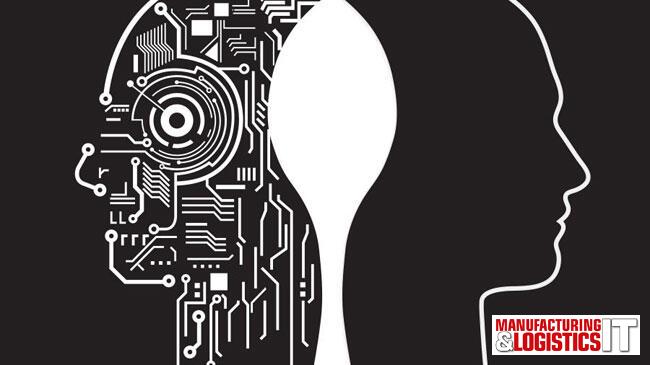By Sathish P.V., Specialist-AI and Advanced Analytics – Big data Analytics Practice at Happiest Minds.
Artificial Intelligence has been heralded as a game changer in the drive toward the intelligent enterprise. While AI and machine learning has been around for more than five decades, it's today's increasingly interconnected world and the continuing explosion of data that is driving an increase of applications powered by AI. AI promises to deliver exciting opportunities to the IT as well as the business world, and many believe the reality is not far off.

According to a recent report by Research and Markets, the AI market is estimated to grow from $419.7 million in 2014 to $5.05 billion by 2020, at a CAGR of 53.65% from 2015 to 2020. Major factors driving growth include diversified application areas of AI, improved productivity, and increased levels of customer satisfaction.
AI implementations today are made possible by increased processing power, low cost storage, the ramp-up of cloud computing, mobility, and advanced algorithms to program cognitive theories. Already robots/softbots are able to operate autonomously, perceive their environment, persist over a prolonged time period, adapt to change, and create and pursue goals. Companies have also built robots that can mimic the human brain, learn from mistakes, fix problems if exposed to them long enough, and act intelligently. Where today's generation of robots still fall short however is when aspects like empathy, judgement and creativity are needed. So, while we're not there yet, we're getting closer and at an increased rate. What previously might only have only been the stuff of imagination is now quite visible on the horizon.
AI tools and technologies are expected to provide businesses with immense potential to improve quality, speed and functionality, and as a result drive top-line revenue growth. Today, innovation is largely relegated to a small group of people whose only job is to innovate while the rest of the employees handle the day-to-day business necessities. What if there was a way to tap into every employee's potential to innovate continuously? AI holds the power to redefine the current work environment; in particular the way knowledge capital and people capital are deployed, bringing tremendous opportunity to deploy people towards value creation as opposed to process management.
The potential of AI is driving demand for intelligent solutions with cognitive capabilities. Technology companies have already started offering AI platform as a solution or as a service and the cost and expertise needed to make use of these AI platforms is coming down. Every day we are now seeing commercial AI based applications being rolled out and it's these companies that are blazing the trail of innovation.
IT companies aspiring for a piece of the AI market can collaborate in areas of development with cloud service providers, mobile application developers, IT infrastructure service providers and analytics engine providers. AI applications and platforms need microprocessors to execute complex tasks at speed, cloud computing for low cost processing, data storage of massive volumes of unstructured data and smarter analytics engines with Natural Language Processing (NLP), voice and pattern recognition, machine learning, and mobility for wide spread use from remote locations. IT companies involved in any of these areas can collaborate to tap into the potential that AI offers.
In terms of AI adoption however it's still early days. Global organisations are working to understand various classes of AI solutions, where the technology is now, what is on the horizon, and how to convert in the near to long term. Fundamental steps however can already be seen in intelligent personal assistants like Siri, Google Now and Cortana, which speaks human language. We also see global interest in technological advancements like cognitive computing, machine learning and NLP. These are all small journeys to make machines smarter and self-adaptable compared to the old spoon fed, preprogrammed computing devices.
We are now entering a golden age where we are truly able to start exploiting these new technologies. With AI becoming a reality, both scientists and engineers have warned of possible dangers ahead. Analyst firm Gartner predicts that during the next five years smart machines will inevitably be relied on to make more decisions that are of growing significance to the business, raising the fear that they may become unstoppable or run out of control. Professor Stephen Hawking has also been widely quoted as saying that efforts to create thinking machines pose a threat to our very existence. Despite the fears, this is certainly an exciting time for AI in science, technology and business. Let's watch this space.

Add a Comment
No messages on this article yet